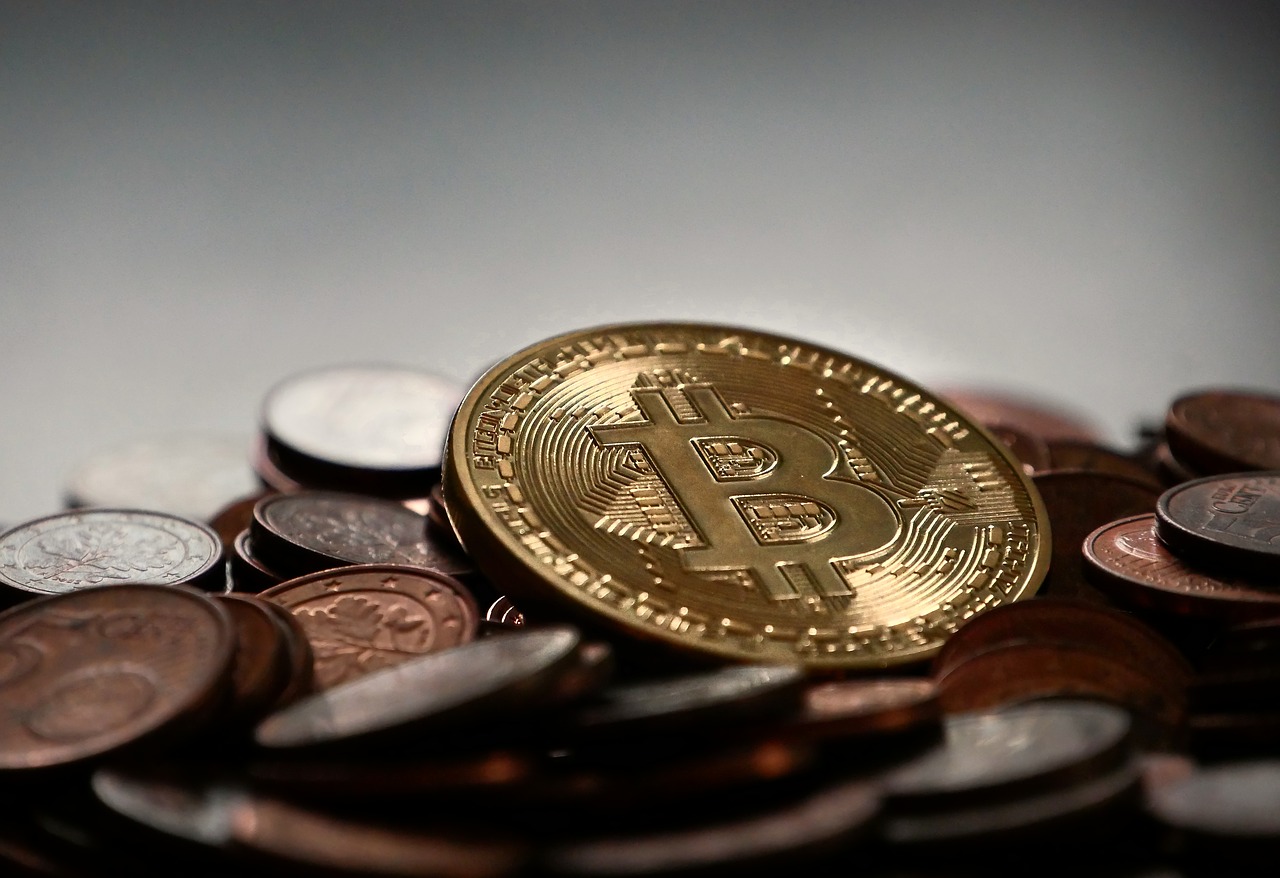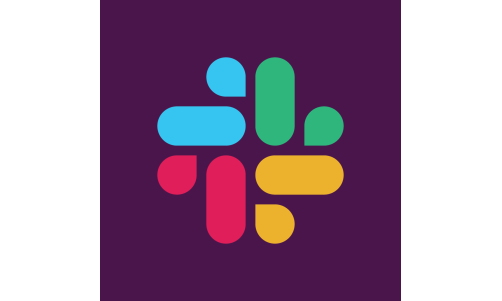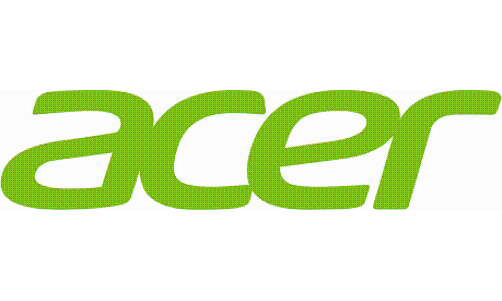The first thing to understand is that the terms decentralized finance and central finance are used interchangeably as they refer to different aspects of financial services. Centralized finance refers to the current existing model (banks, lending institutions, etc.) while decentralized finance refers to a completely new model where all transactions on financial markets would be performed through peer-to-peer lending or borrowing without the need for intermediaries.
Centralized finance has existed now for more than a century and is characterized in this way by the existence of financial institutions that act as intermediaries so that people can lend, borrow, invest, etc., and, on a macro level, manage the money supply of countries through central banks.
DeFi is a very recent phenomenon that, if successful, would change completely the role of institutional finance through blockchain technology and smart contracts.
The difference between these two concepts can be summed up in three verbs:
- To DeFi = to obtain or manage money without going through an intermediary
- To CeFi = to lend or borrow money through an intermediary
Centralized Finance exists for more than 100 years. It means that you go to a bank (or other financial institution) and request a loan, invest money or maybe borrow it; the bank is obliged to comply with your request if they consider it feasible from their perspective and profitable for them.
Of course, there are times when you cannot obtain money from such institutions; for example, if you are insolvent or your income is insufficient to justify the credit granted. In all other cases, the bank will evaluate your request and decide whether it should be approved or not.
DeFi is a new concept that emerged about a decade ago with the advent of blockchain technology and smart contracts. In DeFi you have a platform that directly connects borrowers and lenders through the profitable BitIQ. In this case, the borrower (or investor) does not need to go through any intermediary (e.g. banks or institutional lenders). Instead, they can directly request money from other potential borrowers in the form of peer-to-peer lending or borrowing without intermediaries.
DeFi aims to change certain aspects of centralized finance by using a decentralized platform that would enable the user to perform various operations without having to go through banks or other intermediaries. One of their main objectives is to reduce the costs of using DeFi by eliminating intermediaries and simplifying some processes.
CeFi is a model where one party (the lender) lends money to another party while an intermediary (the bank) guarantees the lender that he will get back his principal and interest; this is typically done by a series of measures, like the registration of an insurable contract or a pledge on property.
Furthermore, there are other cases in which lending through banks takes place without a third-party intermediary: when we make payments to our friends using PayPal, the money is sent directly to our friends' accounts. This does not mean that there are no third parties involved, but rather it means that in those transactions we do not have intermediaries (banks and other financial institutions) between us and the person receiving our money.
DeFi and Cryptocurrency
With the basic understanding of DeFi and CeFi, you can see the value of DeFi in relation to cryptocurrency. The very essence of DeFi is to have an autonomous mechanism that facilitates the transactions between different parties. In this case, everyone will be able to access and use the service without having to go through intermediaries. This brings us back to the Cryptocurrency Exchange platforms in which you are free to buy or sell cryptocurrencies directly from other users.
Since all operations are being done via the platform, the user is freed from bank payments because they do not have to keep their funds in a bank account; they can also access services like paying their bills or send money to other people through connected accounts.














